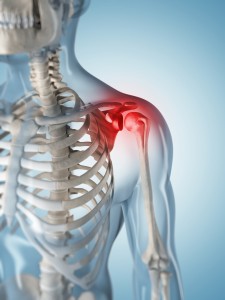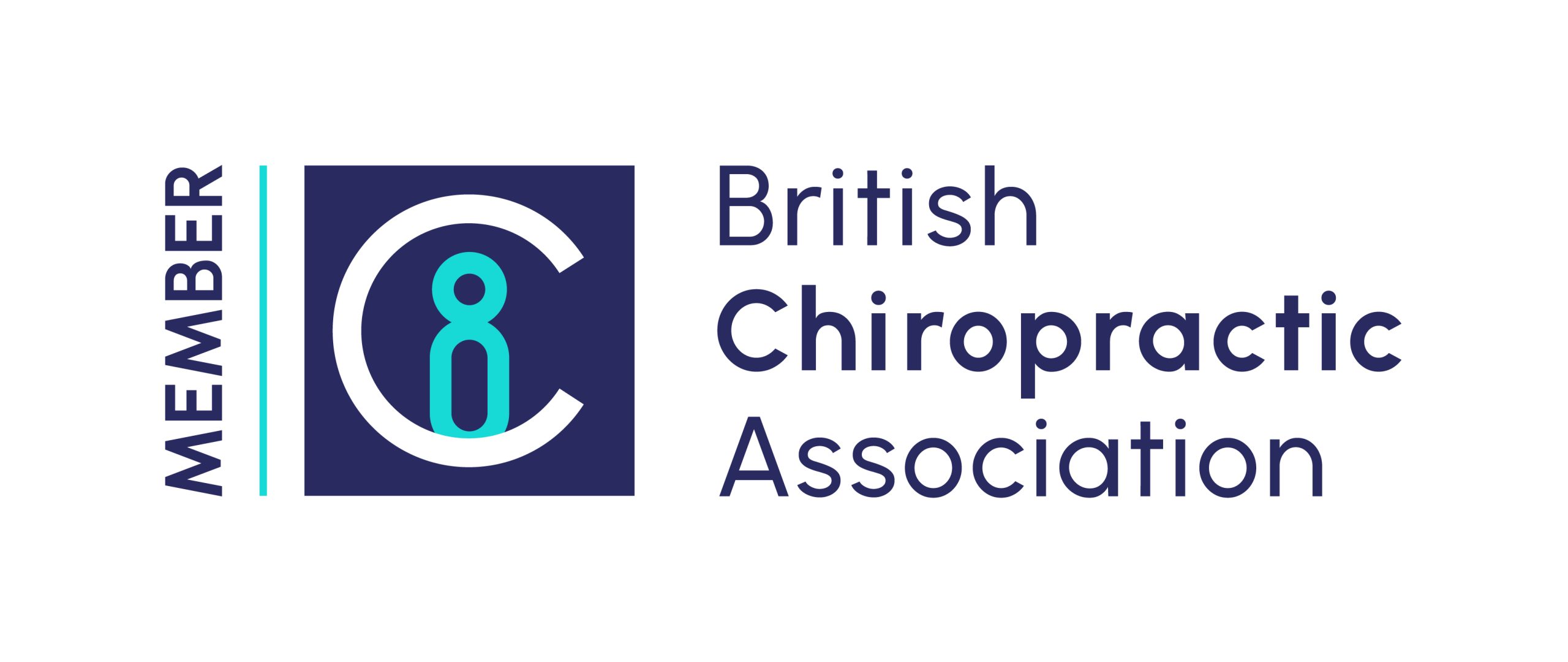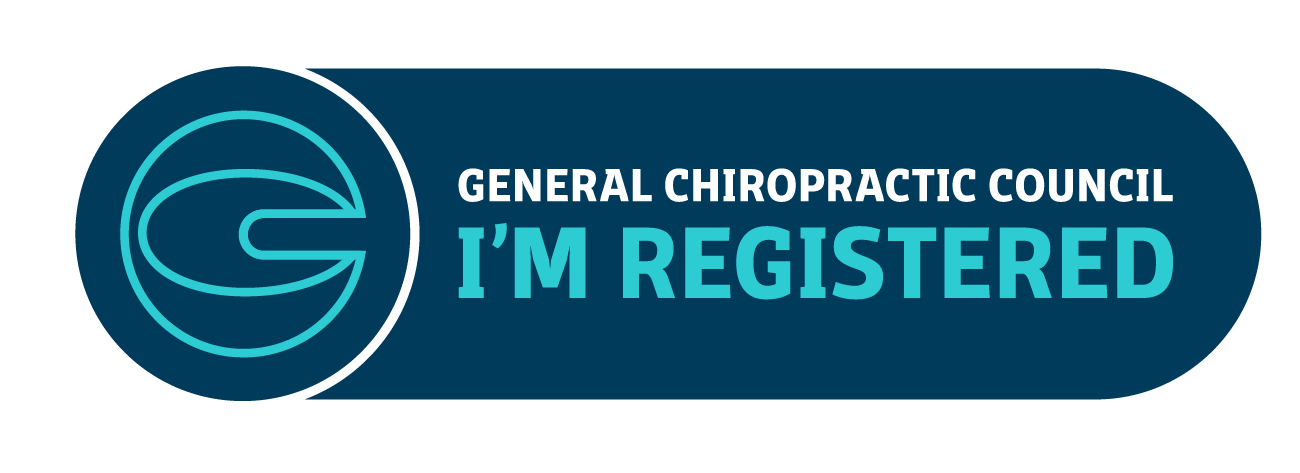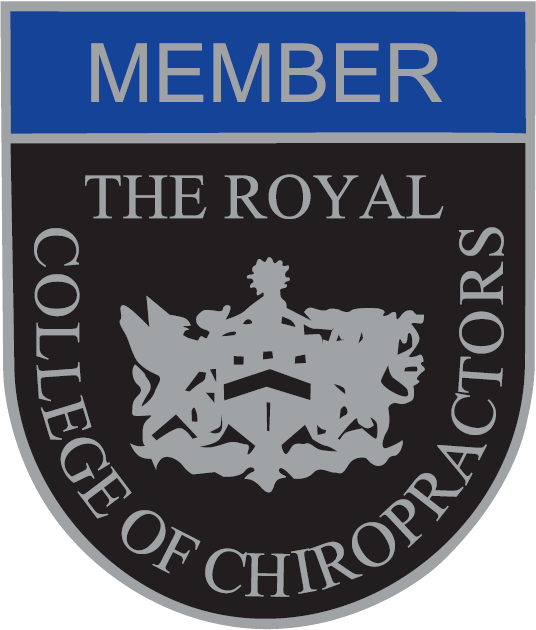 Frozen shoulder is a condition that an estimated one in twenty of us here in the UK will suffer from at some time in our lives. However, the term ‘frozen shoulder’ is often incorrectly applied to a number of other conditions that cause shoulder pain, including those arising as a result of referred pain from the neck or back.
Frozen shoulder is a condition that an estimated one in twenty of us here in the UK will suffer from at some time in our lives. However, the term ‘frozen shoulder’ is often incorrectly applied to a number of other conditions that cause shoulder pain, including those arising as a result of referred pain from the neck or back.
What Causes Frozen Shoulder?
Winchester Chiropractor, Max Atkinson explains that ‘true’ frozen shoulder is Adhesive Capsulitis, a condition that develops over several months. The sleeve or ‘capsule’ surrounding the shoulder joint becomes thickened and inflamed causing adhesions – but why this happens is not clear. The outcome for the patient is that the shoulder joint cannot rotate fully or correctly and symptoms, including swelling, pain and stiffness, are experienced.
Who is Most at Risk of This Condition?
- The majority of patients who get Frozen Shoulder are in mid-life, between the ages of 40 and 60.
- More women than men suffer from the condition.
- Those with hormone imbalances, a weakened or compromised immune system, or medical conditions including Diabetes and Thyroid disorders, are more at risk as patients in these groups are more likely to experience joint inflammation.
Signs and Symptoms
Frozen shoulder is a condition that develops over time (usually two to nine months) and most patients first begin to be aware that they have a problem when they start to experience pain. Because the pain is made worse by moving, patients limit their shoulder movements in order to avoid the pain. The less the shoulder moves, the more stiff it becomes! This cycle continues until before long, patients find it impossible to reach something on the top shelf, wash their hair or dry it with a hairdryer. All those everyday tasks we normally do without even thinking start to become painful, if not impossible, to accomplish.
Is it Frozen Shoulder, – Or Something Else?
Other conditions, particularly of the neck and back can have symptoms very similar to those of adhesive capsulitis and people can, mistakenly, think they are suffering from frozen shoulder when, in fact, the cause lies elsewhere. For example, in the case of a prolapsed spinal Disc, the spongy Disc between vertebrae gets pushed out of alignment, causing pressure on the nerves that radiate into the shoulder and arm, sometimes making moving the shoulder incredibly painful. This ‘referred pain’ means that while you might be experiencing pain in your shoulder, treating the shoulder would not resolve the problem. At Bradford House Chiropractic & Wellness Centre we will be able to assess the cause of your problem and get you started on the correct course of treatment. If your symptoms are due to referred pain from a biomechanical problem of the neck or back, Chiropractic treatment could be appropriate for relieving the pain and helping to restore mobility. However, if this is not the case, Max will be able to refer you to the appropriate Healthcare Professional so that the correct treatment for your shoulder pain can begin as soon as possible.








